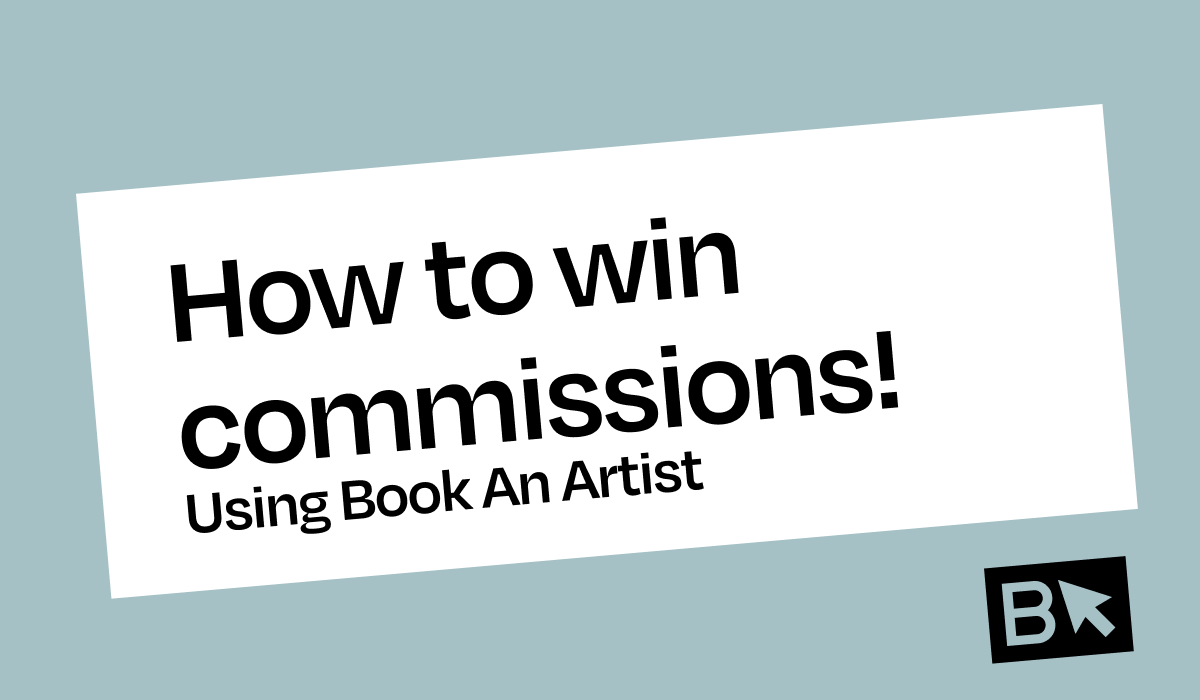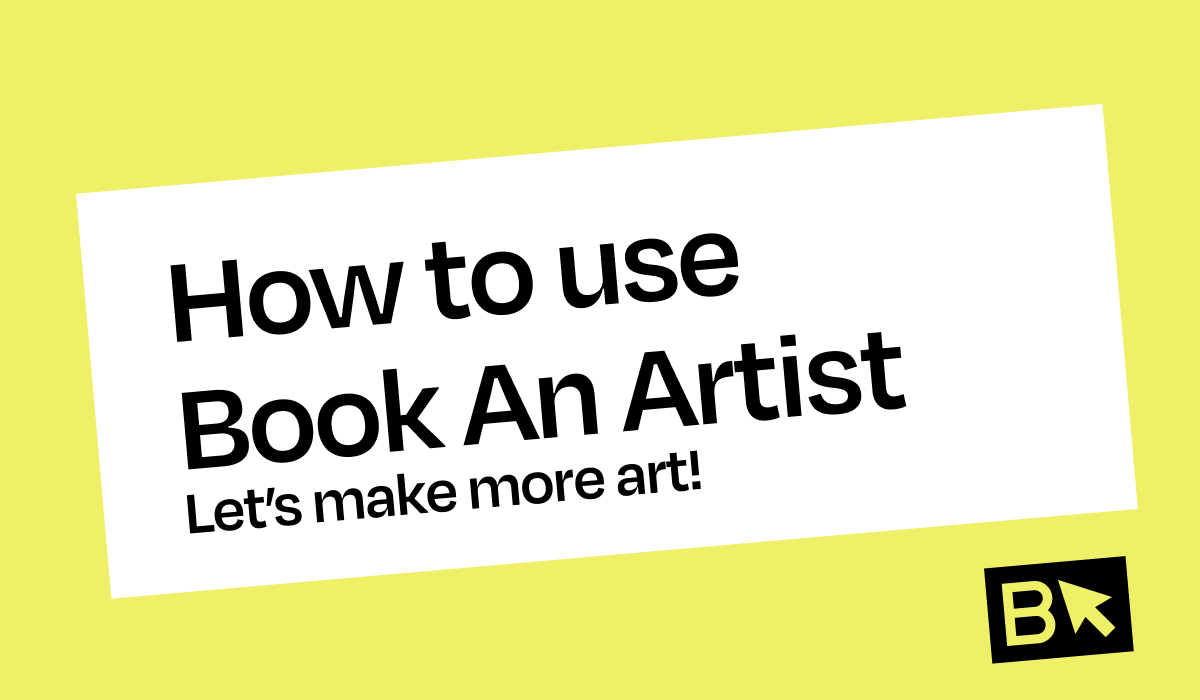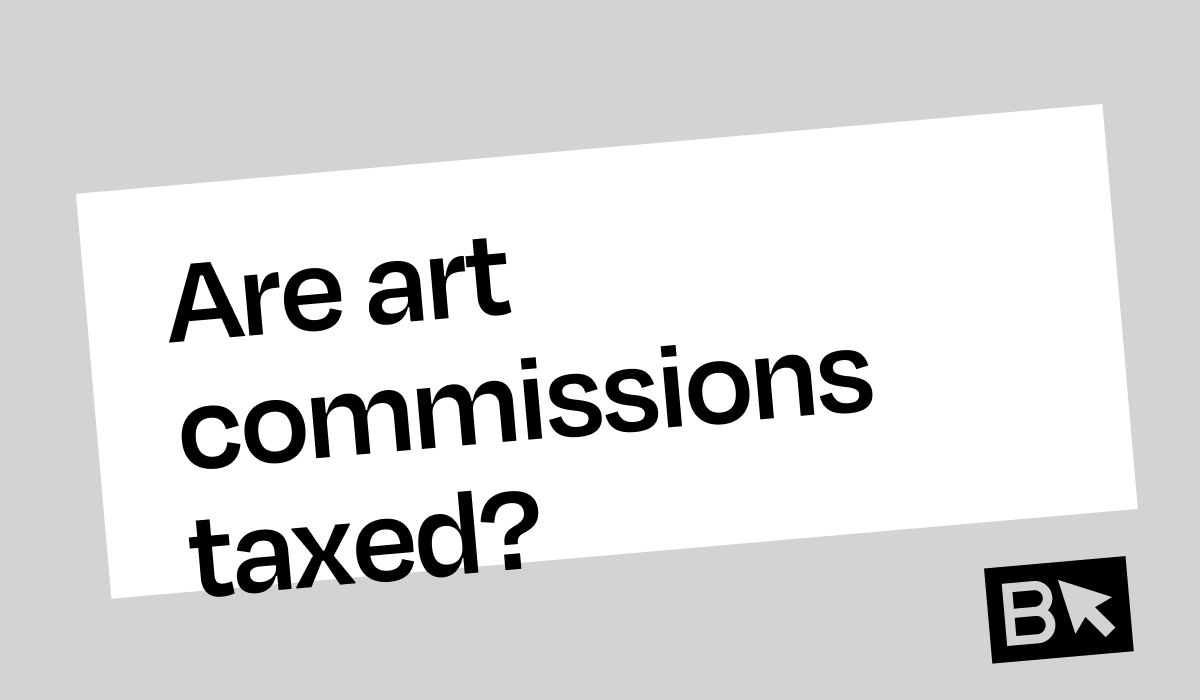
Are art commissions taxed? Answering your freelance artist tax questions with Hnry.
Do you need to pay taxes on art commissions?
Are art commissions taxed? Typically, yes. Art commissions are considered taxable income and the artist who receives payment for their work must report it on their tax returns. Similar to other sources of income.
Benefits of Book An Artist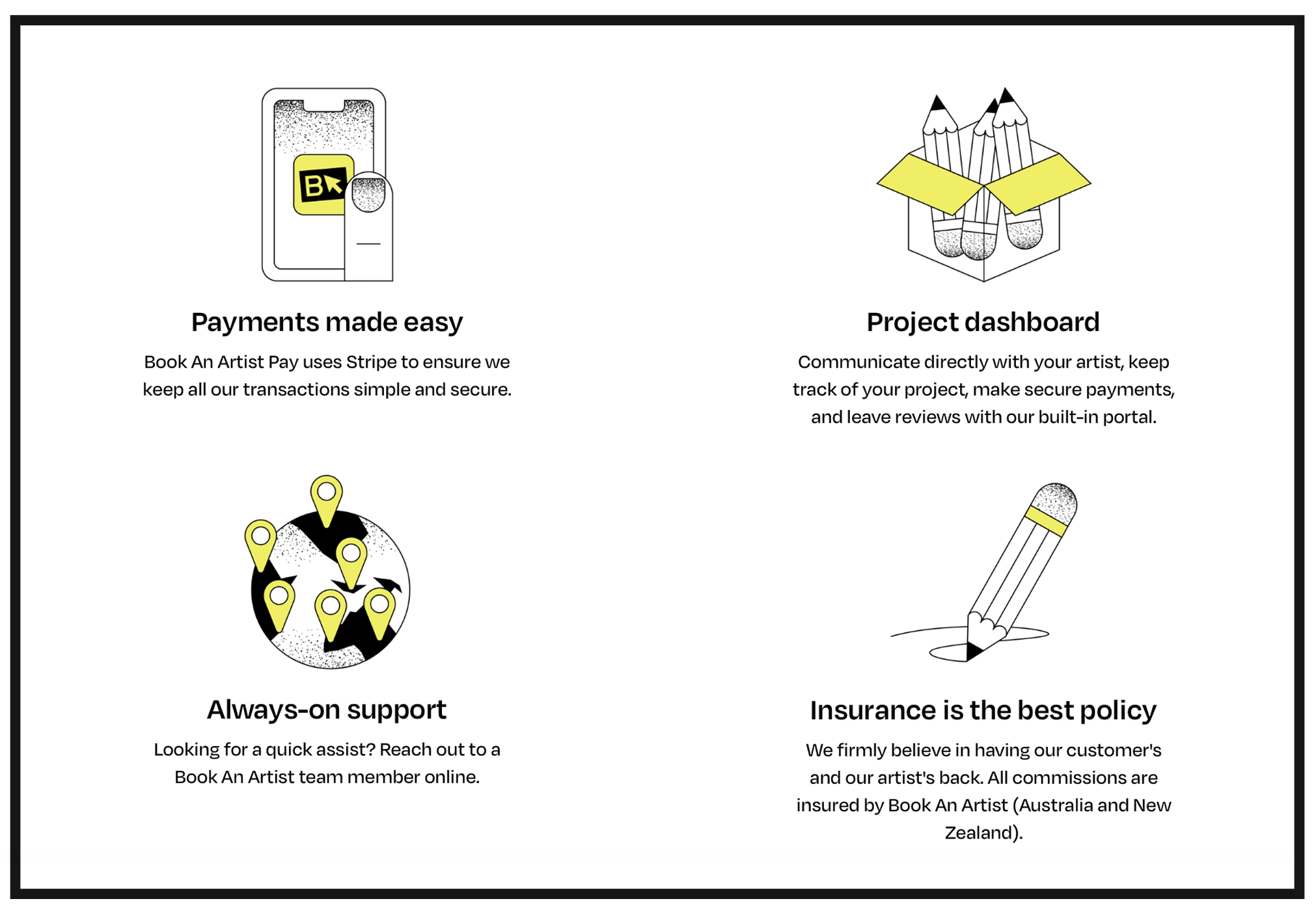
Check out some more benefits for artists using a marketplace to commission art!
We know navigating the tricky waters of business management can be confronting. In order to provide the most accurate information to answer ‘are art commissions taxed?’ we reached out to one of our partners. Hnry who are an all-in-one Accounting service for Sole Traders who understand the ups, downs, lefts and rights of taxes in Australia.
Hnry’s Insight: Hobby vs. a side-hustle
We spoke to Hnry’s Senior Tax Accountant Danielle Williams who helps break down the distinctions surrounding “are art commissions taxed?”.
“If selling your art is more a hobby than a side-hustle, you don’t need to pay taxes on your earnings. Unfortunately, figuring out if your work is a hobby or a side-hustle isn’t straightforward.
The ATO has created some basic guidelines that cover what counts as a business, and what doesn’t. But to a certain extent, it’s up for interpretation.
For example, a business ‘involves a set of continuous and repeated activities you do for the purpose of making profit’. BUT if your art is ‘a hobby or recreation from which you don’t seek to profit,’ then it may not be a business.
This speaks to your intention as an artist: are you doing it to make money? Or are you doing it purely for the love of it, although you’ll accept compensation for your time and effort?
We recommend you be honest with yourself in answering this question. Think about it this way: would you continue creating at the rate and scale you currently are if you weren’t being paid? If yes, what you’re doing is probably a hobby. If not, you’re running a business, mate – and you’ll need to pay taxes.”
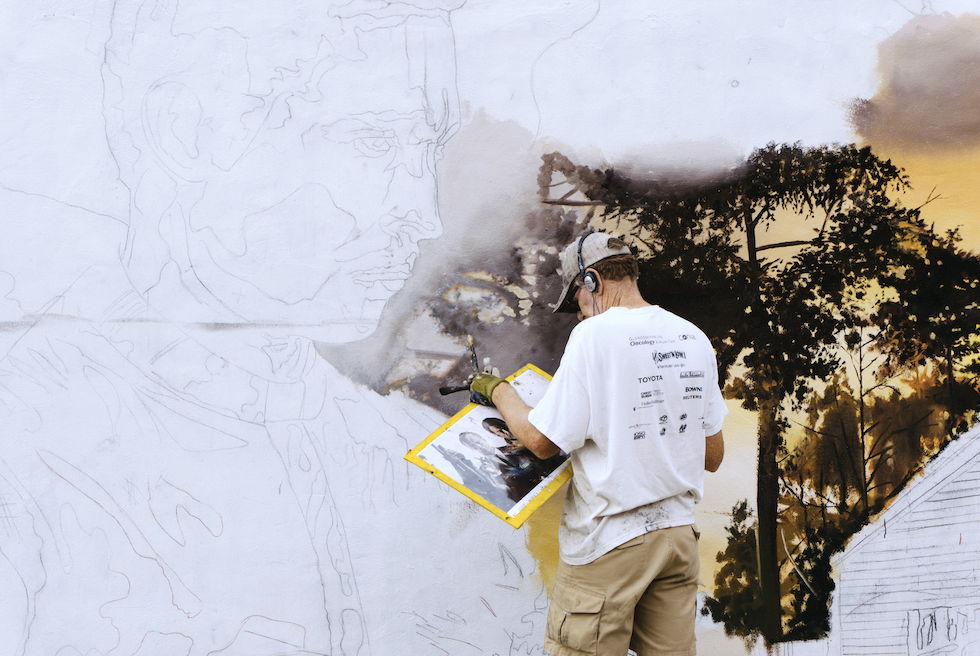
Hnry’s Insight: The tax-free threshold
Danielle says “In Australia, earnings up to $18,200 are exempt from income tax. However, it’s important to note that this tax-free bracket applies to ALL your income combined, not just your PAYG salary or your self-employed earnings separately.
For example, if you earn $15k as an employee, and then an extra $5k as an artist, your combined income will be $20k. $18,200 of that income will be income-tax free, but you’ll have to pay tax on the remaining $1,800 at a rate of 19%.
Basically, if you’re making under $18,200 altogether, you won’t have to pay income tax. But if your total earnings are above the tax-free threshold, you’ll need to pay income tax – no matter how you earn your income.”
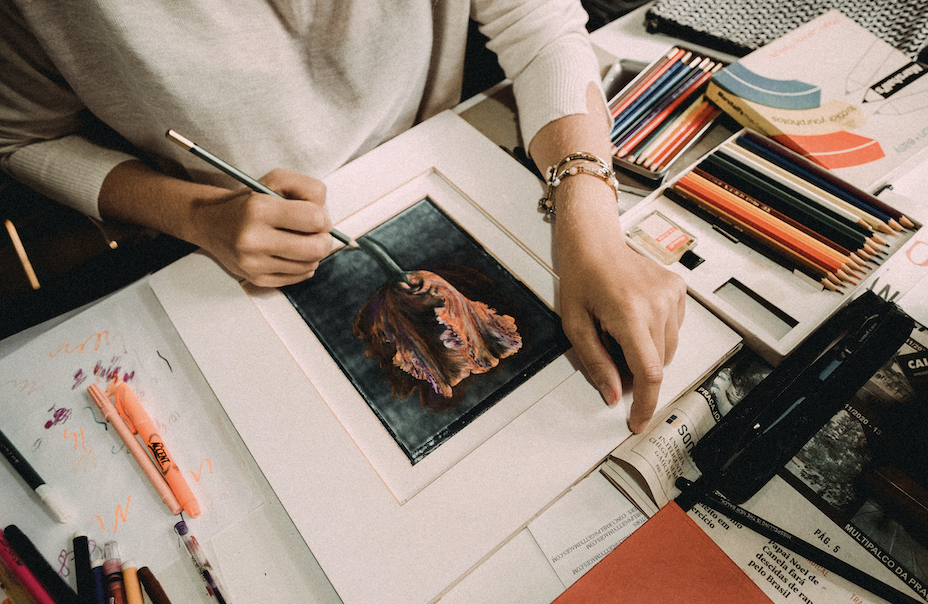
Hnry’s Insight: Paying and charging GST
“Goods and Services Tax, or GST, is a flat-rate tax levied on the price of goods and services. You’re not paying this tax out of your earnings – instead, you’re collecting this tax from your clients on behalf of the government, which you then have to pay as part of your regular GST returns.” Danielle shared with Book an Artist
“You only have to do this, however, if you’re making more than $75,000 over a 12 month period in self-employed income. And if you don’t meet this threshold, there’s no requirement to register for GST.
For starters, if you’re GST registered, you’ll need to add an additional 10% on to your regular prices, making your work more expensive for your clients.
The only real benefit would be if you can claim a GST return – for which you’d need to pay more in GST than you collect. For more information, see the ATO website.”
Tl;dr:
- You only have to register for and charge GST if you make more than $75k in self-employed income over a 12 month period.
- If you pay more GST on your business expenses than you collect, you’re eligible for a GST refund.
- If you don’t make $75k a year, there is no need to be GST registered.
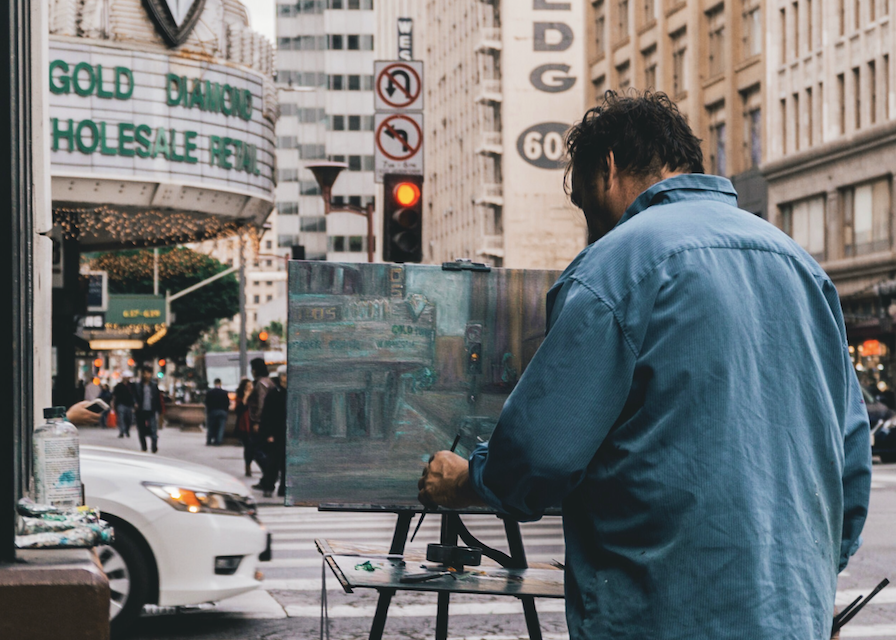
Do I need a business license to do art commissions?
A freelance artist business license is the starting point for artists transitioning from a hobby to a career.
In Australia, freelancers are considered self-employed and are required to register for an Australian Business Number (ABN) and Goods and Services Tax (GST) if their annual turnover is expected to be $75,000 or more.
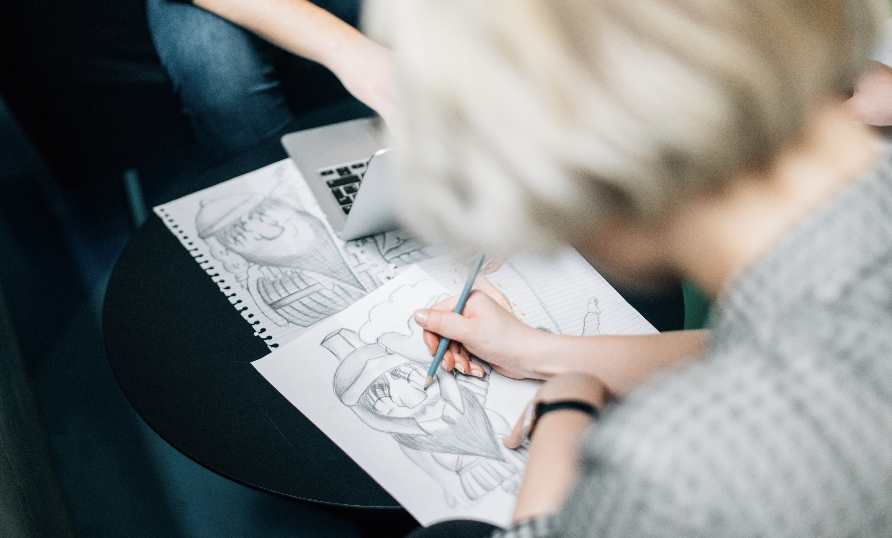
Book jobs with Book An Artist and let Hnry do your taxes!
Book An Artist is an online platform built for people who love art. It’s as simple as that! Join a growing community of 700+ artists from across the globe. Connect with all kinds of customers seeking original art, including well-known brands, community organisations, educational institutions, and homeowners.
Eliminate the worst part of being a commissioned artist – the tax compliance – by using Hnry! Hnry is an award-winning service that helps artists spend less time on financial admin, and more time doing what they love – creating ART!
Once you’re up and running with Hnry, they’ll automatically calculate and deduct your income tax, GST payments, medicare levy, student loan repayments and superannuation contributions (if you want!).
Sign up for Hnry using the link below to get $50 in free Hnry credit!

Tags In
Check out top-rated local artists near you!
Are you an artist ? Sign Up










